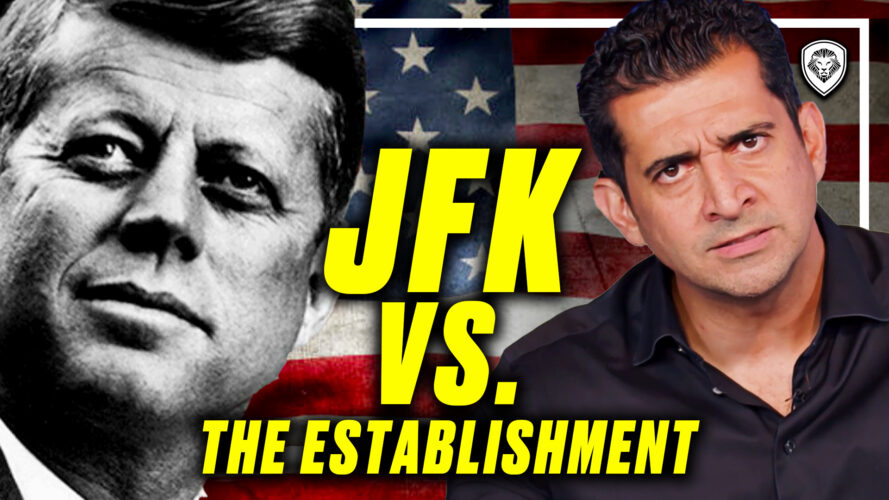How do you feel about elites who think they know what’s best for you? Those people who think they’re smarter than you because of the fancy degrees they received or have the right family name to back them up.
Do you think they know what is best for you?
In this life, we’re all going to fall into one of three categories or crowds:
- Anti-establishment
- Establishment
- Oblivious
My case will be made on the results and risks of which category you choose to be a part of.
ANTI-ESTABLISHMENT
If you’re part of the anti-establishment movement, you’re a part of the group that wants to fight for freedom. Anti-establishment freedom equals establishment control — the elite majority. Let’s look at the formal definition: An anti-establishment is a belief that stands in opposition to the conventional, social, political and economic principles of a society.
ESTABLISHMENT
The standard definition describes the dominant social group (the elite) that controls a polity, organization, or institution. Synonyms include authorities, the system, ruling class, regime and bureaucracy.
OBLIVIOUS
This group is not aware of or not concerned about what is happening around them.
Subscribe to Valuetainment’s YouTube channel today for every episode LIVE or On Demand!
There are PROS and CONS to choosing anti-establishment or establishment. Here’s what they are:
Establishment Pros: The elite have your back. Their contacts and resources are available to you — they carry a bigger stick. By the way, the oblivious crowd mainly relies on the establishment because the establishment controls the oblivious. It’s almost like their asset.
Establishment Cons: You’re a slave. The elite control you. You must do what they tell you to do. You give up your freedom. It’s an element of being a puppet. Deep down inside you feel like you must compromise your values and principles.
Anti-establishment Pros: You win over people. There’s a real loyalty there. You’re fighting for your beliefs. You are free. You get to pick and choose which fights you want and which you don’t. You get to make decisions that match your values and principles. You find all the people like yourself.
Anti-establishment Cons: The elite demonizes you. They have more power than you. They will scrutinize you. In essence, they’ll amplify whatever you do wrong. The elite will make it hard for you to find a job or compete in the marketplace.
Now, what made John F. Kennedy so unique? He did not need to sell out to the establishment because they had their own money. When you look at the campaign contribution when he ran for office, 50% of the campaign’s total budget came from his father, Joseph Kennedy.
However, Joseph Kennedy was quoted saying, “I’ll spend every dollar I have to get my son elected.” JFK’s campaign cost somewhere between $20-$25 million. Joseph Kennedy at the time was worth $400 million in 1960.
Ronald Reagan took $6.4 million dollars out of his own money towards his campaign, which was 10% of his total budget.
Let’s look at Ross Perot — who ran and didn’t win. He self-funded 97% of his 1992 presidential campaign. He got all the way up to 21%. He didn’t win, but he caused Bush to lose, and he caused Clinton to win.
When Trump ran in 2016, he funded 72% of his presidential campaign. Perspective? Hillary Clinton spent more money on her campaign in 2016 than ANY OTHER TIME IN OFFICE.
So, what’s the risk? John F. Kennedy got assassinated. Ronald Reagan? An assassination attempt. Trump? Character assassination.
THREE DIFFERENT TYPES OF RICH PEOPLE:
- Rich but boring
- Rich and willing to sell out
- Rich and are willing to fight against the establishment
The last type of rich is the hardest. They’re very problematic because these people cannot be controlled and create a following, which drives the establishment insane.
CLICK HERE to watch Patrick Bet-David explain why John F. Kennedy was anti-establishment


















Add comment